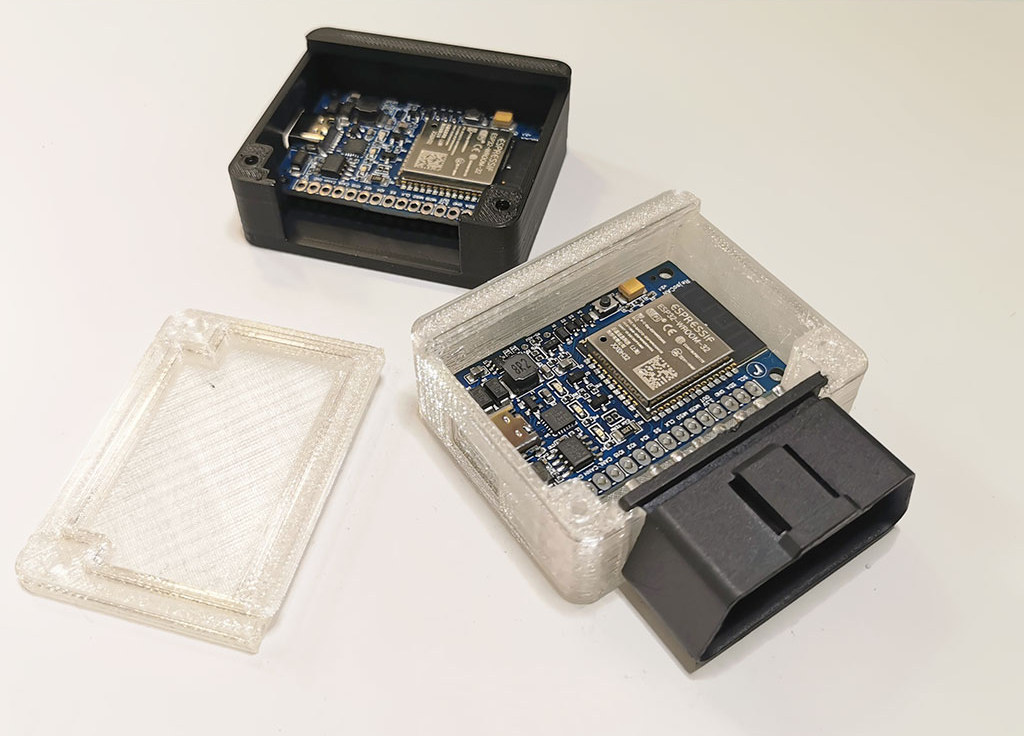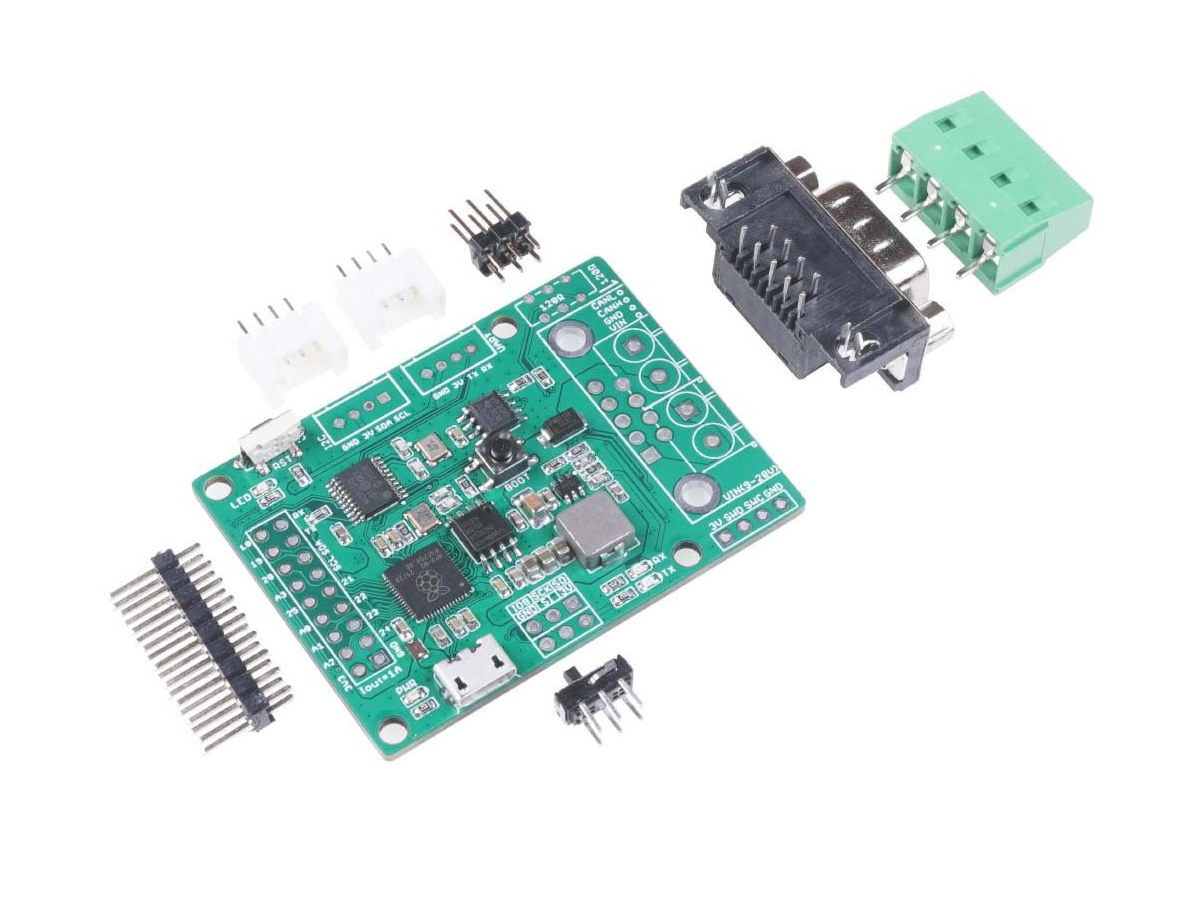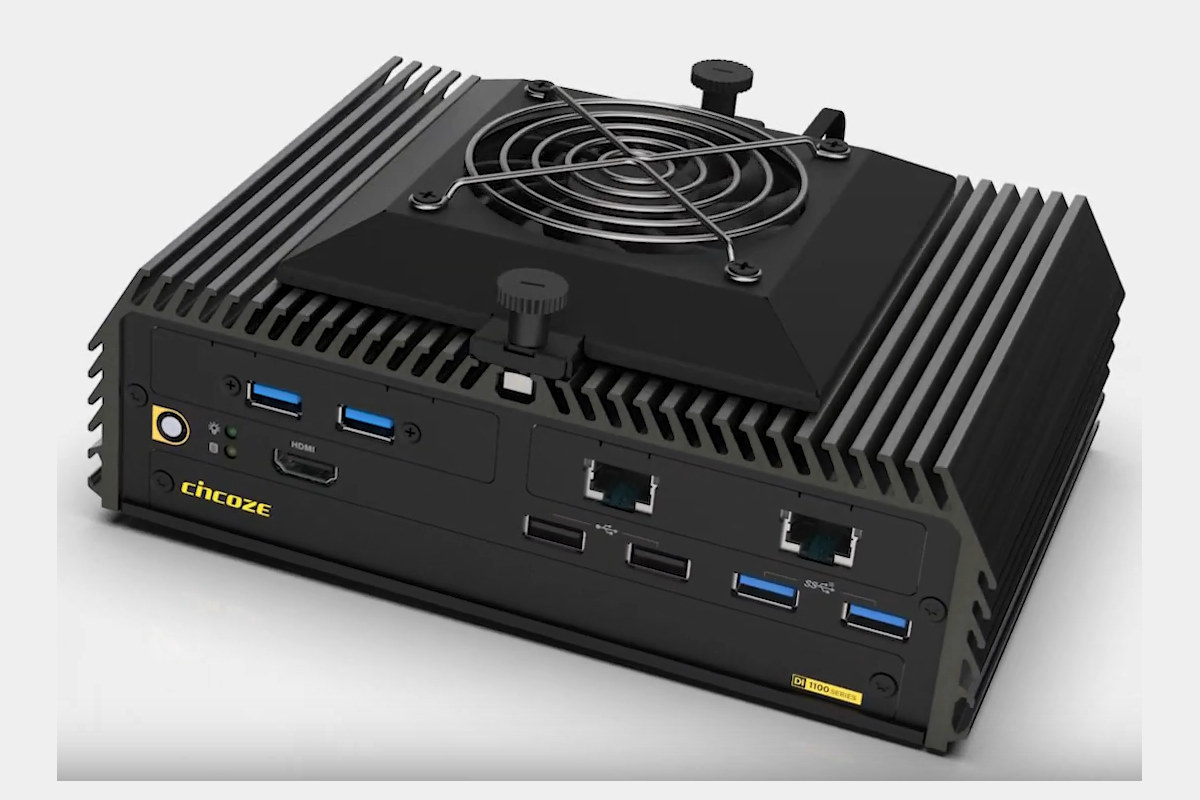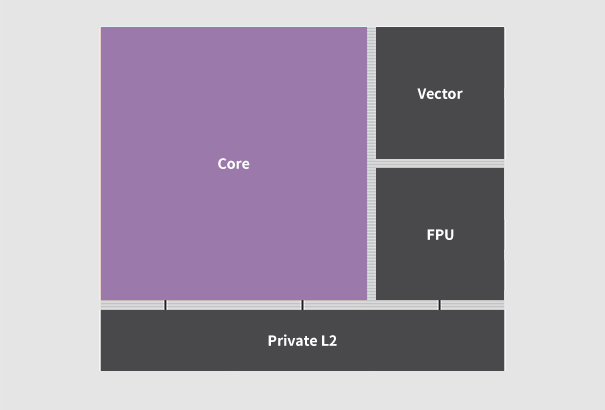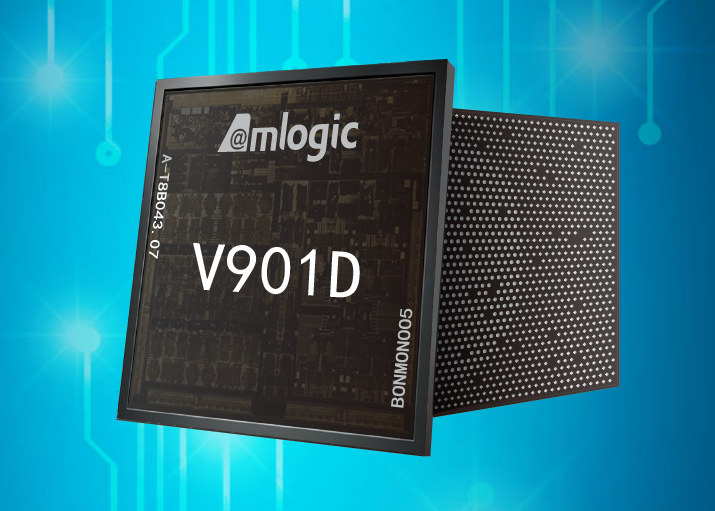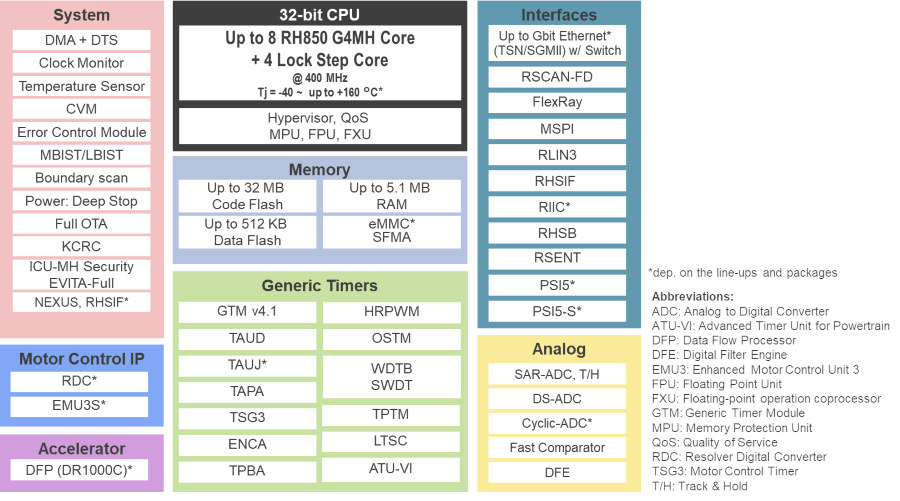RejsaCAN-ESP32 is a small board based on ESP32-WROOM-32 WiFi (and Bluetooth) module with a CAN interface that fits into a 3D printed OBD-II dongle for easy installation into most cars. Magnus Thomé has already published several automotive projects, notably for car racing with a system that checks real-time tire temperature, and he designed RejsaCAN-ESP32 board so that it can be plugged directly into his car with support for 5-15V input voltage, and also includes an auto-shutdown option to prevent battery drain by monitoring the battery voltage in the car. RejsaCAN-ESP32 specifications: Wireless module – ESP32-WROOM-32 module with a dual-core ESP32 processor @ 240 MHz with 2.4 GHz WiFi 4 and Bluetooth 4.2 connectivity, PCB antenna, 32Mbit SPI flash USB – 1x USB-C port for power and programming via CP2104 USB to TTL chip Expansion – 15-pin header with 3x GPIO, SPI, I2C, analog input, PWM or analog output, CAN bus […]
CANBed Raspberry Pi RP2040 board supports CAN Bus, OBD-II protocol
We previously wrote about adding CAN Bus to Raspberry Pi Pico with CANpico expansion board. CANBed is a single board with a Raspberry Pi RP2040 microcontroller and a Microchip MCP2551 CAN receiver plus some extra I/Os that offers an alternative. CANBed supports the CAN 2.0 and OBD-II protocols via either a DB9 connector or a 4-pin terminal block, offers two 4-pin Grove headers and an extra I/O header for expansion, as well as 9-28V power input. CANbed specifications: MCU – Raspberry Pi RP2040 dual-core Cortex-M0+ microcontroller @ up to 133 MHz with 264KB SRAM Storage – 2MB SPI flash CAN 2.0 or OBD-II interface via DB9 port or 4-pin terminal block via Microchip MCP2551 CAN transceiver, 120 Ohm terminal resistor. USB – 1x Micro USB port for programming Expansion 2x Grove header (I2C + UART) SPI header 18-pin header with GPIO, UART, I2C, 4x analog inputs, 5V, GND Misc – […]
Cincoze DI-1100 is a fanless embedded computer with an optional external fan
Cincoze DI-1100 is a rugged, modular embedded computer powered by an Intel Whiskey Lake processor that comes in a fanless metal enclosure with heat dissipation fins, but the company also offers an external fan that clips on top of the metal case for additional cooling when using high-power peripherals such as PoE cameras. Designed for autonomous robots, in-vehicle use, environmental monitoring, and other industrial applications, the computer supports -40 to 70°C wide temperature range, 9 to 48 VDC input voltage range, and comes with plenty of I/Os including two Gigabit Ethernet ports, six USB ports, two RS232/422/485 interfaces, as well as mini PCIe sockets, and CFM and CFI expansion modules. Cincoze DI-1100 specifications: Intel Whiskey Lake SoC (one or the other) Intel Core i7-8665UE quad-core processor up to 4.4 GHz with Intel UHD Graphics 620; 15W TDP Intel Core i5-8365UE quad-core processor up to 4.10 GHz with Intel UHD Graphics […]
StarFive Dubhe 64-bit RISC-V core to be found in 12nm, 2 GHz processors
StarFive has just announced customers’ delivery of the 64-bit RISC-V Dubhe core based on RV64GC ISA plus bit manipulation, user-level interrupts, as well as the latest Vector 1.0 (V) and Hypervisor (H) instructions. StarFive Dubhe can be clocked up to 2 GHz on a 12nm TSMC process node, and the company also released performance numbers with a SPECint2006 score of 8.9/GHz, a Dhrystone score of 6.6 DMIPS/MHz, and a CoreMark score of 7.6/MHz. A third-party source told CNX Software it should be equivalent to the SiFive Performance P550 RISC-V core announced last summer, itself comparable to Cortex-A75. StarFive Dubhe highlights: Typical frequency – 2.0 GHz @ TSMC 12nm “Industry-leading” Power and Area Efficiency (TSMC 12nm) RISC-V Vector Extension Data types: floating point, fixed point and integer VLEN=128-1024bits ALU & data path width=128 or 256 bits Full vector register grouping (LMUL) support RISC-V Virtualization Extension Pre-integrated Multi-Core with Memory Coherency Support […]
Imagination introduces Catapult RISC-V CPU cores
As expected, Imagination Technologies is giving another try to the CPU IP market with the Catapult RISC-V CPU cores following their previous unsuccessful attempt with the MIPS architecture, notably the Aptiv family. Catapult RISC-V CPUs are/will be available in four distinct families for dynamic microcontrollers, real-time embedded CPUs, high-performance application CPUs, and functionally safe automotive CPUs. The new 32-/64-bit RISC-V cores will be scalable to up to eight asymmetric coherent cores-per cluster, offer a “plethora of customer configurable options”, and support optional custom accelerators. What you won’t see today are block diagrams and detailed technical information about the cores because apparently, all that information is confidential even though some Catapult RISC-V cores are already shipping “in high-performance Imagination automotive GPUs”. The only way to get more details today is to sign an NDA. Having said that we have some more information about the target markets and development tools. Imagination Capapult […]
Amlogic V901D – A quad-core Cortex-A55 processor for in-vehicle infotainment
Amlogic has decided to enter the automotive market with the Amlogic V901D quad-core Cortex-A55 processor designed for in-vehicle infotainment (IVI) applications such as car dashboards, multi-camera dashcam systems, automotive multimedia players, and so on. Also equipped with an Arm Mali-G31 MP2, a 1 TOPS NPU, support for 4K AV1 video decoding, and a 12nm manufacturing processor, Amlogic V901D may look like a rebranded Amlogic S905X4 at first glance, but as we’ll see below, it includes some features specific to the automotive infotainment market. Amlogic V901D specifications: CPU – Quad-Core Cortex-A55 GPU – ARM Mali-G31 MP2 AI accelerator – 1 TOPS NPU Memory I/F – 32-bit DDR3/4, LPDDR3/4 Storage I/F – eMMC 5.0, SLC NAND Video I/F Output – V-by-one, LVDS, CVBS, 4K TCON Input – 3x HDMI 2.1 w/ EMP (Extended Metadata Packet), ALLM, 2x CVBS Video Decoding – 4Kp60 10-bit AV1/H.265/VP9 P-2/AVS2, 4Kp30 H.264 Encoding – 1080p30 H.264 HDR […]
Hardware security flaw impacts Intel Apollo Lake & Gemini Lake processors
A few years go the Spectre and Meltdown hardware security vulnerabilities impacted a wide range of processors from Intel, AMD, Arm, and others. But a newly discovered hardware security flaw impacts specifically the Atom, Celeron, and Pentium from the Apollo Lake, Gemini Lake, Denverton … low-power processors we often feature on CNX Software. Researchers have managed to activate test or debug logic at runtime for some low-power Intel processors, which they could use to escalate privilege, retrieve the “fuse encryption key” aka “chipset key fuse” unique to each processor, and access encrypted data. Most people do not need to panic though, as the hack would require physical access to the machine, and Intel says it is releasing firmware updates to mitigate the vulnerability. High-value targets should care though as the hack only takes 10 minutes, and if a laptop is stolen or lost, a skilled attacker should be able to […]
Renesas RH850/U2B automotive SoC features RISC-V-based parallel co-processor
Renesas Electronics RH850/U2B is an automotive SoC designed for electronic control unit (ECU) with used for hybrid ICE and xEV traction inverter, high-end zone control, connected gateways, and vehicle motion applications. The processor includes up to eight 400MHz RH850 32-bit RISC performance cores with four of them in lockstep architecture for ASIL-D and ASIL-B compliance, as well as DR1000C RISC-V-based parallel co-processor (data flow processor) with vector extension (DFP) from NSITEXE designed to support “the fast execution of complex mathematical algorithms”. Renesas RH850/U2B key features & specifications: CPU cores – 400MHz speed for up to 8+4 (LockStep) RH850 G4MH CPUs Memory – Up to 5.1MB RAM on-chip Storage Up to 32MB Flash on-chip SFMA (Serial flash memory interface), eMMC interfaces for external storage Co-Processor – DR1000C RISC-V based MIMD high-performance embedded vector processor Embedded EMU3S (Embedded motor control unit), RDC3X (Position sensor interface), TSG3 (motor timer) for field-oriented traction motor […]


